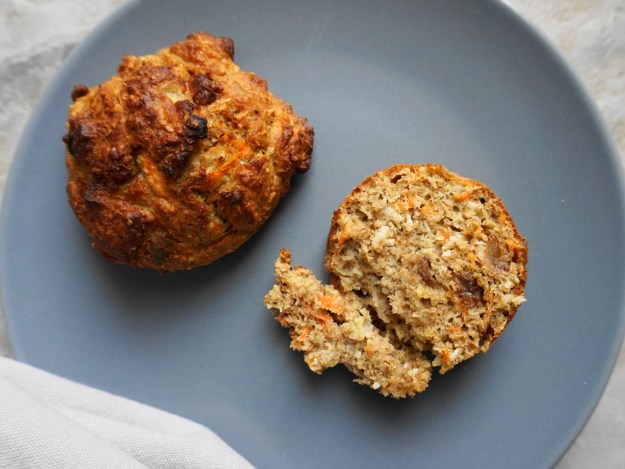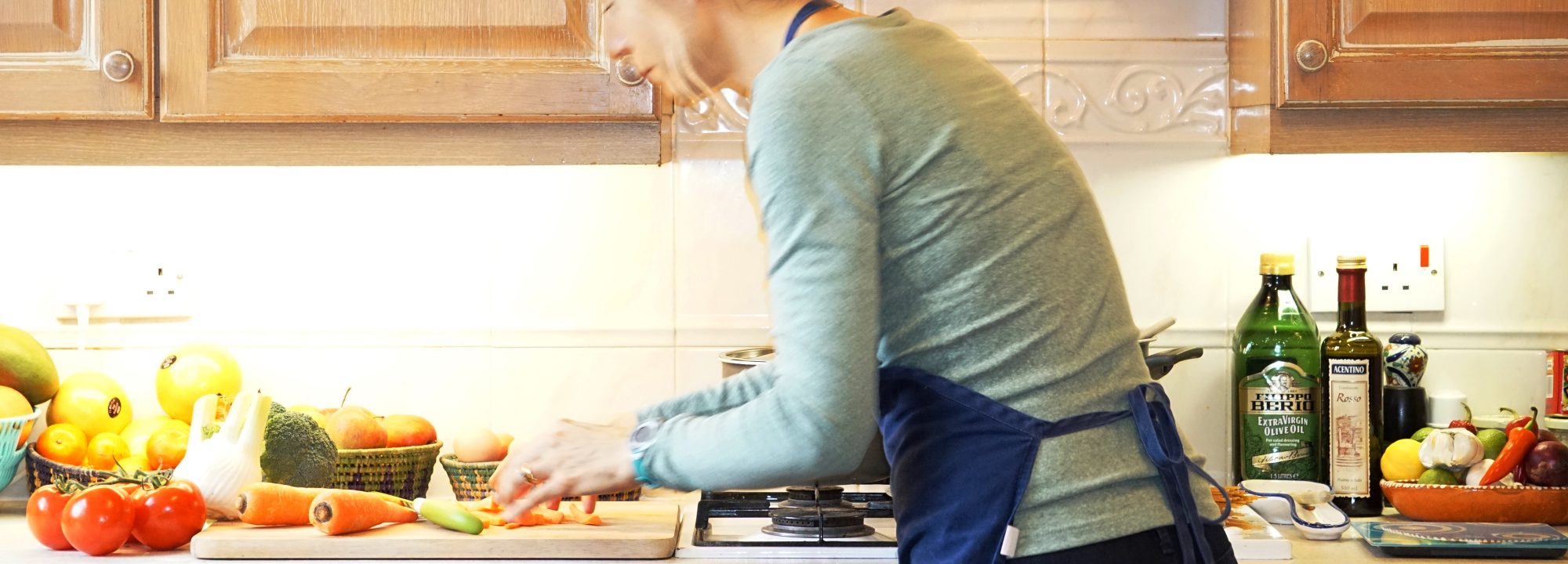While eating breakfast with my children yesterday morning, I could not avoid watching the public spat being played out on tv between a member of the National Obesity Forum and Good Morning Britain’s resident super medic, Dr Hilary Jones. Although it was a welcome relief from having to listen to the curious convictions of Piers Morgan, it was just as infuriating and I soon found myself shouting at the telly. What caused me to stop and rant half-way through my breakfast was the controversial report released by the Forum which claimed that a diet low in fat and cholesterol causes ‘disastrous health consequences’ and has fuelled the obesity crisis. Instead, eating more saturated fat was purported to be the key to protecting the heart and guarding against Type II Diabetes.
To illustrate the point, a healthy breakfast showdown was demonstrated to the millions of viewers watching. On one side, a large cheesy breakfast omelette sat on a plate. Facing this was a breakfast consisting of a bowl of Weetabix, a slice of wholewheat toast that was slathered with marmalade, a large glass of orange juice and a sweetened cup of tea. Dismissing the second breakfast as being high in carbohydrates, lacking in energy and containing too much sugar, you could practically hear the cheers across all of the breakfast tables in the UK as people raised their bacon to toast the cheesy omelette as it was declared the outright winner. But all I could think of is, here we go again…Expect to see many health gurus in the coming days promoting fat as the new elixir of health while carbs will be demoted to a nutritional persona non grata. Which is slightly frustrating because when it comes to nutrition, it is always about looking at your whole diet and trying to eat a variety of different foods in balance rather than focusing on their individual nutrients that are demonised or worshiped.

Unfortunately, this recent media storm has only sent mixed messages about nutrition and the health implications of following dietary guidelines have been muddled at best. After all, if you can label Weetabix and wholewheat toast as being unhealthy on national tv without highlighting that they are guilty by association of the sugary juice, tea and dollop of marmalade, what chance does anyone have? Many people are already aware that a high intake of added free sugars and refined carbohydrates is bad for our health, and that we should all cut down. But the breakfast broadcast seemed to set an unhealthy precedent by linking this to all carbohydrates implicating complex carbohydrates, which are good sources of fibre, B vitamins, iron, calcium and folate.
And what about the cheesy omelette, is it really true that we can now eat all of the butter, eggs and full-fat milk we want with impunity? Well there is nothing inherently wrong with eating a cheesy omelette for breakfast on occasion and certainly eggs are a very nutritious and healthy part of a balanced diet. But before you stock up on double cream and dust off the cheese board, it is worth noting that, despite the fanfare, the Obesity Forum’s report has received much criticism. The main criticism is that the report is in reality an opinion piece rather than a peer-reviewed paper and it does not offer a robust enough review of the current scientific evidence. In fact, the advice given in the report has been described by Public Health England, the British Heart Foundation and others as being irresponsible, highly contentious and dangerous.
However, after the numerous tv interviews continue to be broadcast on many channels throughout the day, will criticism of the report be enough to dissuade the public from feeding on more sat fat? Unfortunately, I don’t think so as I doubt that many will bother to read past the headline they want to believe. I am also certain that in the coming days, the Forum’s report will not fail to be mentioned alongside some studies published earlier this year that seemed to weaken the weight of evidence showing that saturated fats are bad for us. So get ready for an influx of new high fat low carb diets promoted by the newest, cleanest lifestyle personalities. Eventually, we will get more clarity with the publication of the Scientific Advisory Committee on Nutrition’s evidence review on saturated fats, expected in 2017. This may ultimately cause governmental guidelines on sat fat consumption to change but no one knows which way the tide is turning. So until then, the real health experts say that it is always better to err on the side of caution.
And with that in mind, here is a recipe to start the day on the right track. These Super Muffins will fuel up any day and also make an ideal pre-sport breakfast.


The world has gone mad. Whatever happened to common sense? Nice muffins btw 😄